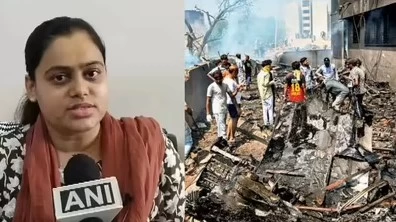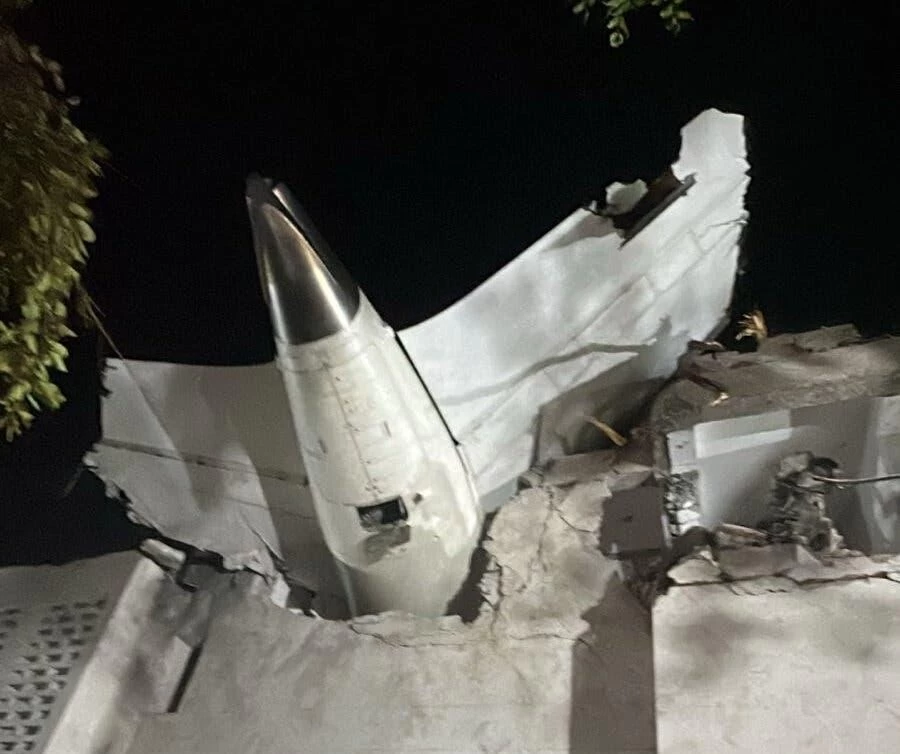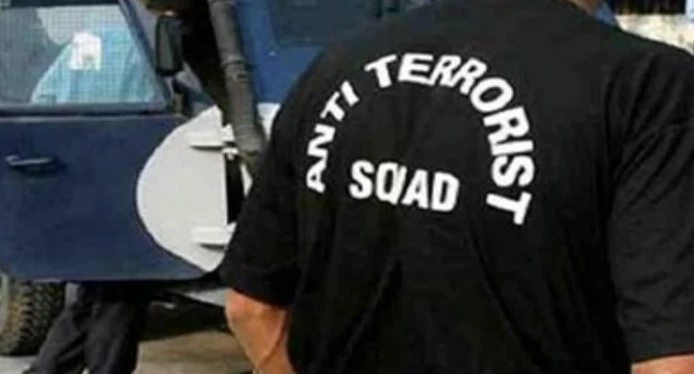Latest Updates
Baba Siddique Murder Case : Bishnoi Gang's Cross-Border Escape Network Exposed by Shooter Shiv Kumar Gautam

In a startling revelation in the Baba Siddique murder investigation, the prime accused Shiv Kumar Gautam during interrogation outlined the Bishnoi gang's sophisticated operations, including a secret network of sleeper cells facilitating the gang's shooters' escape across international borders. He was arrested by the authorities near the India-Nepal border just as he was attempting to flee the country.
Gang’s Cross-Border Escape Routes Unveiled
According to Crime Branch sources, Gautam provided crucial details about the Bishnoi gang’s well-organized system for helping operatives evade law enforcement. He revealed that after carrying out high-profile crimes, the gang uses secret routes along the India-Nepal border to transport shooters out of the country. The network of sleeper cells, strategically positioned in border areas, assists gang members by providing safe passage, shelter, forged identification documents, and even fake passports, helping them cross into Nepal and secure international travel.
Gautam identified several of his associates involved in this operation, including Anurag Kashyap, Omi alias Gyanprakash Tripathi, Akash Srivastava, and Akhilendra Pratap Singh. These individuals are reportedly responsible for coordinating the logistics of his escape, including arranging safe houses and routes to Nepal. Gautam's arrest, just 50 kilometers from the Nepal border, highlights the close proximity of the Bishnoi gang’s network to its escape routes.
The Sleeper Cells: A Web of Support
Further investigation revealed the intricate workings of the sleeper cell network. The gang’s operatives, often young recruits with no prior criminal record, are embedded in local communities near the border. These sleeper agents lead ordinary lives, avoiding suspicion, while being ready to activate their roles when needed. Their main task is to facilitate the safe transport of gang members across the India-Nepal border, which spans over 1,700 kilometers and features numerous hidden trails, mountains, and dense forests.
The sleeper cells are said to be especially active in the border regions of Bihar, Uttar Pradesh, and Uttarakhand. These operatives have established strong local contacts, which ensure a smooth and discreet passage into Nepal. Upon crossing into Nepal, the network arranges accommodation, forges local identity documents, and, in some cases, helps secure Nepali citizenship for the fugitives—allowing them to obtain Nepali passports and travel internationally.
A Lucrative Operation
According to Gautam, the Bishnoi gang charges between Rs 25,000 to Rs 30,000 per individual for a safe passage across the border. The fee covers transportation, accommodation, and the procurement of necessary documents for a smooth escape into Nepal.
Concerns Over Recruitment and Expansion
Gautam also revealed the gang’s recruitment strategy, which targets young men, often minors or individuals with no criminal background, to avoid attracting suspicion. These recruits maintain low profiles, living ordinary lives until they are activated for specific criminal tasks. The gang’s use of these "clean" recruits makes it more difficult for authorities to trace their involvement until it is too late.








.webp)
